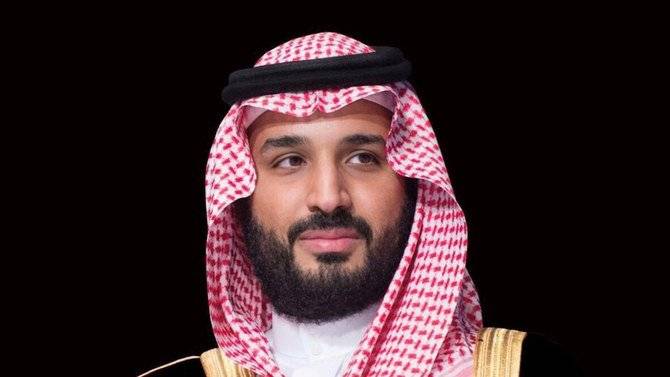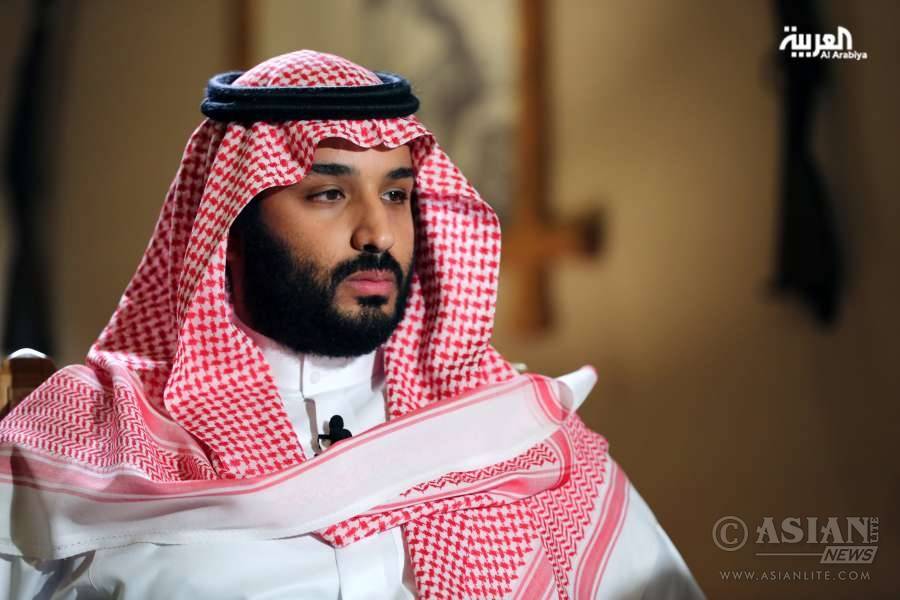The city will be a model for the development of the non-profit sector globally and an incubator for youth and volunteer groups as well as local and international non-profit institutions…reports Asian Lite News
Saudi Crown Prince Mohammed bin Salman bin Abdulaziz Al Saud, Founder and Chairman of the Board of Mohammed bin Salman Misk Foundation, has announced the launch of “Prince Mohammed bin Salman Non-Profit City,” the first non-profit city in the world, reported Saudi Press Agency (SPA).

The city will be a model for the development of the non-profit sector globally and an incubator for youth and volunteer groups as well as local and international non-profit institutions.
The Crown Prince said that this will be the first non-profit city of its kind which will contribute to achieving the goals of Mohammed bin Salman Misk Foundation in supporting innovation, entrepreneurship, and qualifying future leaders by defining non-profit work in terms of opportunities and youth training programmes it will provide.
The project will also provide services that contribute to creating an attractive environment for all beneficiaries of the city’s offerings, he added.
“Prince Mohammed bin Salman Non-Profit City, which implements the Digital Twin model, will host academies, colleges, ‘Misk Schools’, a conference centre, a science museum, a creative centre offering a space to support the ambitions of innovators in sciences and new generation technology such as AI, IoT and Robotics,” Prince Mohammed stated.
ALSO READ: Royal Saudi Land Forces to hold exercise with UAE forces
He added that it will also feature an arts academy and gallery, performing art theatre, play area, cooking academy and integrated residential complex. In addition, the city will host venture capital firms and investors to support and incubate innovative enterprises to drive community contributions from around the world.
The Non-Profit City is located on land dedicated by the Crown Prince, in Irqah neighbourhood, adjacent to Wadi Hanifa. The city’s master plan embodies a human-centred, advanced digital metropolis designed to be sustainable, pedestrian-friendly, and will allocate more than 44 percent of the total area for green open spaces to promote sustainable development.

Leave a Reply